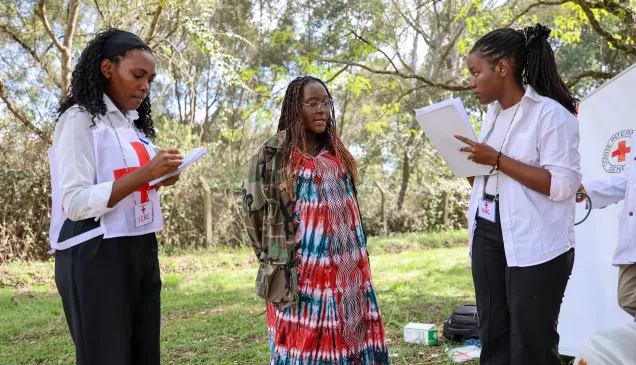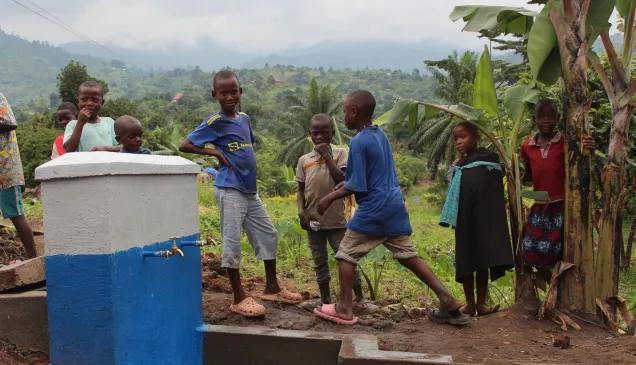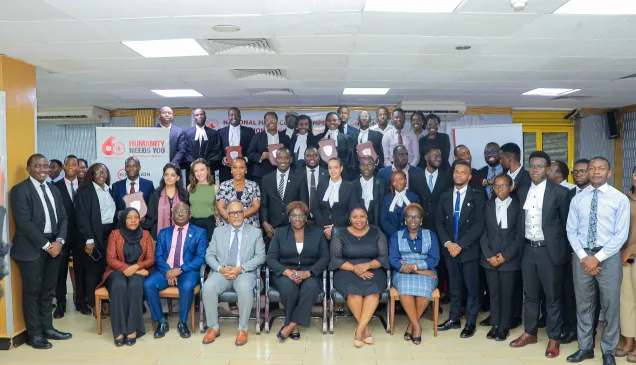Uganda: Together for the missing and their families
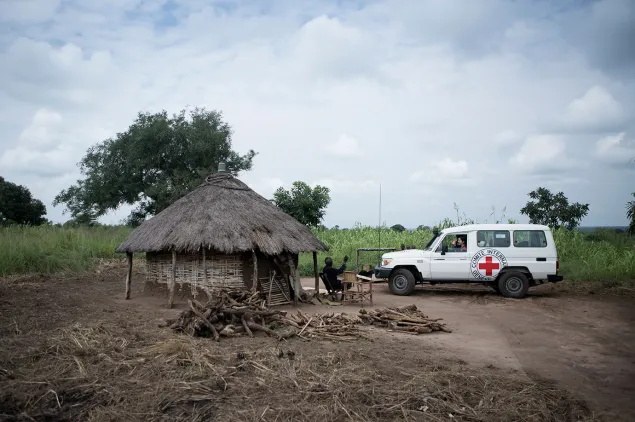
Between 1986 and 2006, some 75,000 people were abducted in northern Uganda. The ICRC is helping the families of those abducted to cope with their pain and move forward.
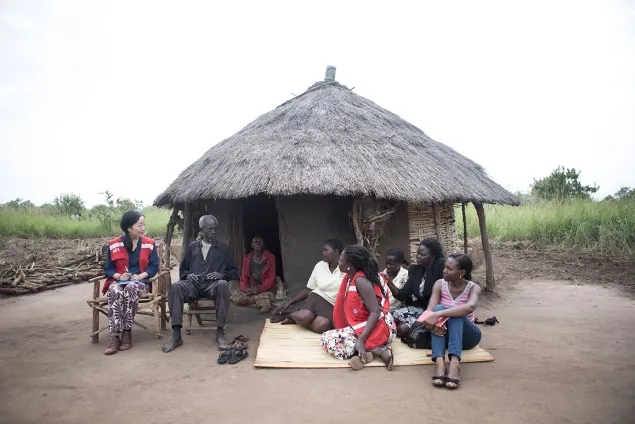
Speaking to family members of the disappeared
Although their relatives disappeared years or decades ago, the pain is still very much present for some families.
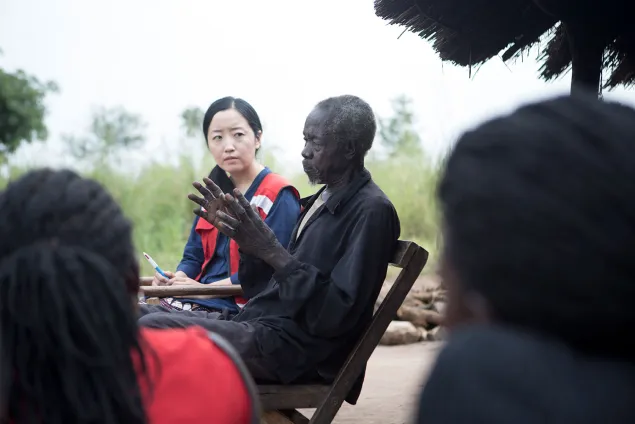
Recounting events and sharing emotions
Emotionally, families talk about having cwer cwiny, an Acholi (tribe in Northern Uganda) idiom describing how their heart bleeds out of sadness for their missing loved one.
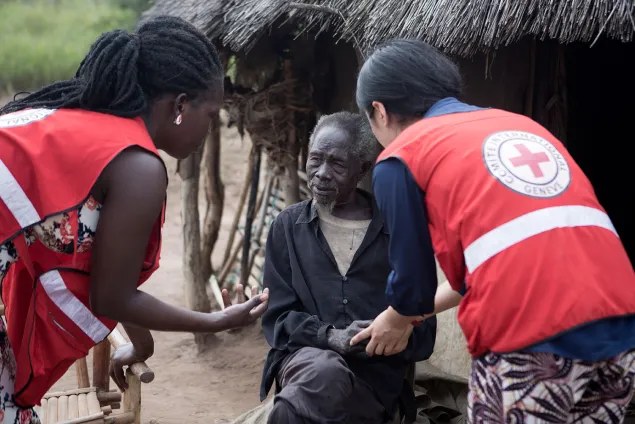
Livelihoods lost
Elderly parents with missing children suffer enormous financial hardships because they have no one to care for them when they are too old to work.
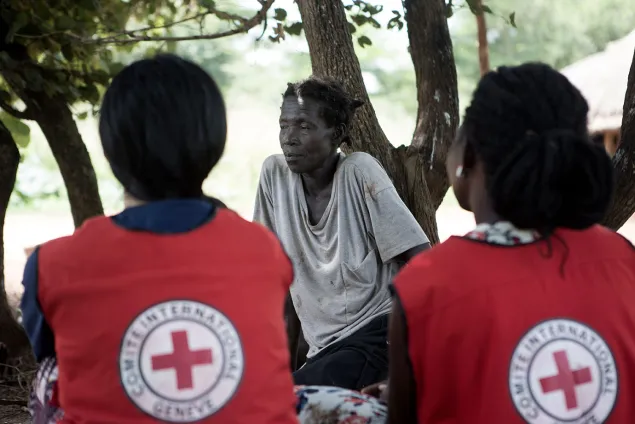
Speaking from the heart
Some family members have par, a sickness of thoughts, from constantly thinking of the relative who disappeared. Others have unexplained physical pains and sleeping problems, linked to psychological distress.
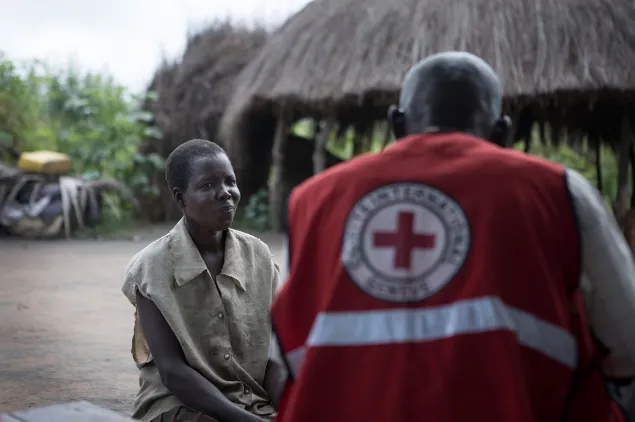
Psychosocial support
The ICRC program in Northern Uganda is one of the first to provide psychosocial support to families with missing relatives in Africa. We use a similar framework globally called "accompaniment" to provide support to families of the missing, which aims to support these families by "walking alongside them" to help shoulder their pain and struggles.
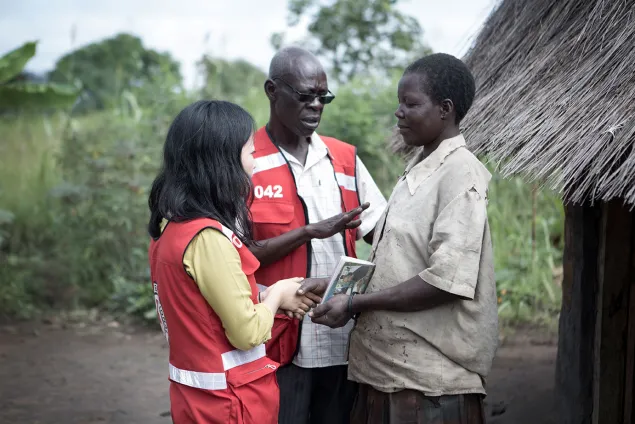
More than just emotional support
In addition to giving emotional support, accompaniers actively help families resolve practical concerns they may have neglected due to their situations of stress, such as legal disputes or untreated medical issues.
The ICRC commemorated the International Day of the Disappeared on 30 August in Kitgum, northern Uganda.
A daylong event was organized to provide a platform for government representatives, civil society, development agencies and communities to reflect on their roles and responsibilities in supporting families of the missing persons.
A variety of interactive activities including a march through Kigum town, thematic music dance and drama compositions by the families of the missing and the accompaniers and their testimonies were used to vividly portray the magnitude of the crisis on those left behind.
Between 1986 and 2006, about 75,000 people, mainly aged between 5 and 20 years old, were abducted in Northern Uganda and remain missing to this day.
The ICRC recently spoke to some of the family members who continue to live with the loss of their loved ones.
For further information about ICRC's support for the families of the missing in Uganda, please click here.

